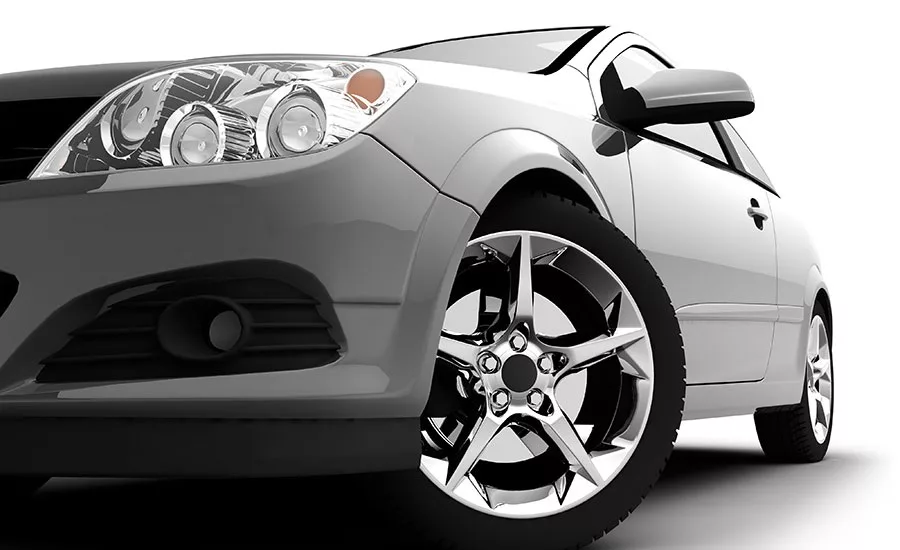Market Trends
How is the Coronavirus Affecting the Automotive Sector?
Car sales in China dropped 80% in February 2020, according to the China Passenger Car Association.

China is the world’s biggest car market, and Wuhan (epicenter of the coronavirus) is known as a “motor city”—home to General Motors, Honda, Nissan, Peugeot Group, and Renault auto plants. For Honda alone, Wuhan accounts for about 50% of total production in China. In 2019, Hubei Province was the fourth-largest car producer in China, representing about 10% of the country’s car-making capacity and producing 2.24 million vehicles.
Car sales in China dropped 80% in February 2020, according to the China Passenger Car Association. The impacts on the automotive industry are being felt beyond China’s borders, as shortages of supplies from China stall production around the world. Hyundai and Kia recently stopped several assembly lines in Korea, and Nissan announced it would suspend its auto production in Japan. General Motors suggested that production outages could affect plants in Michigan and Texas, while Jaguar Land Rover warned the virus could create problems at its assembly plants in Britain.
As businesses resume operations, there may be a surge in growth in the automotive market, but it will take time to go back to normal levels. Still, the COVID-19 outbreak will surely accelerate industry consolidation and transformation.
Automakers are Fighting Back
Some car makers are turning to digital solutions to combat the situation. Besides new automotive players like NIO and XPeng, which were born with online-to-offline genes, many traditional automotive brands, including Volkswagen, Nissan, SAIC, and BMW, turned to online shopping for cars using tools such as virtual reality and live broadcasts to stimulate sales.
In response to a severe shortage of facial masks, SAIC-GM-Wuling Automobile (SGMW) announced it would produce masks that can help prevent virus infection via respiration. SGMW worked with Guangxi Defu Technology, an interior parts supplier, to install mask production in Guangxi Province. There will be 14 new production lines for both medical masks and N95 facial masks, with the planned volume of 1.7 million per day.
Meanwhile, automakers BYD Co. and GAC Motor Co. also announced they would produce masks and disinfectants at their factories. The planned capacity of BYD production is five million masks and 50,000 bottles of disinfectant per day, with the first batch donated to drivers of public buses, taxis, ride-hailing fleets, and volunteers.
For more information, visit www.weforum.org.
Looking for a reprint of this article?
From high-res PDFs to custom plaques, order your copy today!





